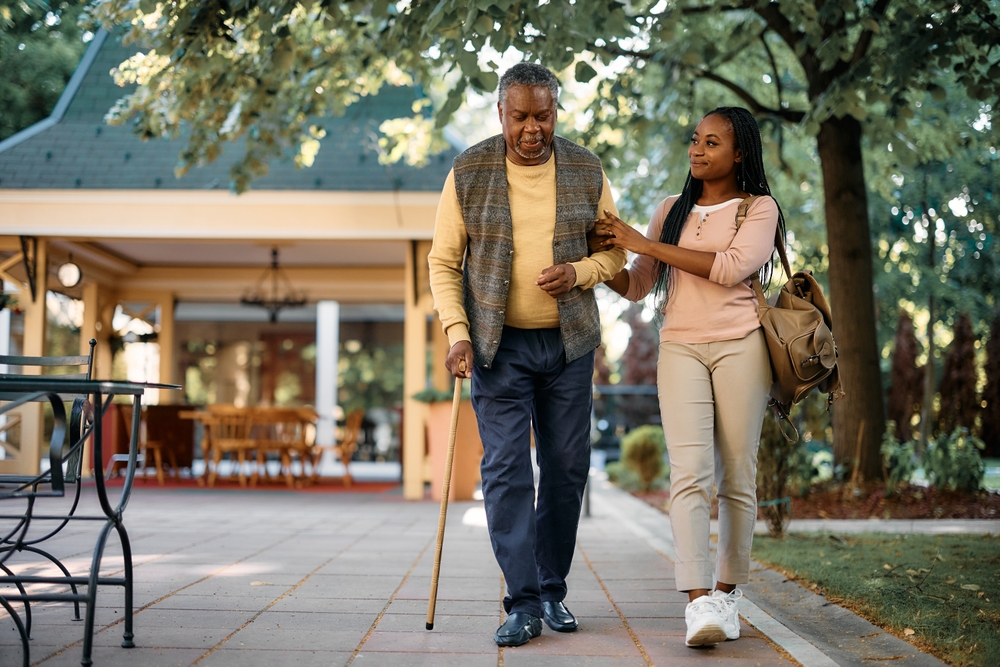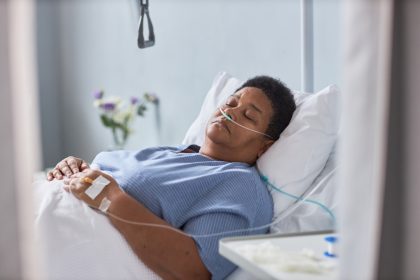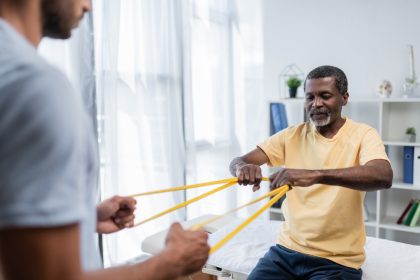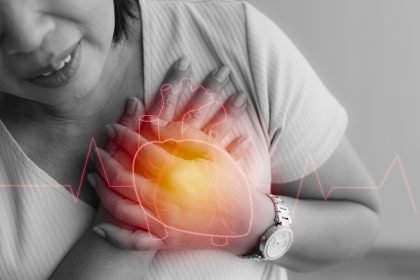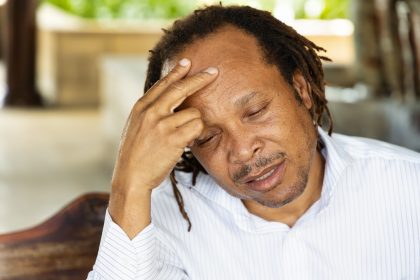Experiencing a stroke is a life-altering event that affects millions of people worldwide. While surviving a stroke is the first major hurdle, the journey to recovery presents numerous challenges that demand both physical and emotional resilience. Understanding these challenges is crucial for stroke survivors, their families and caregivers. Let’s dive into the real five challenges that often follow a stroke and what it takes to overcome them.
1. Regaining physical mobility
A stroke can significantly impact a person’s physical abilities, often leading to paralysis or weakness on one side of the body. This physical impairment — known as hemiplegia — can make daily tasks like walking, dressing or eating a monumental effort.
The frustration and emotional toll that come with physical limitations can be overwhelming. Many survivors feel helpless as they struggle to regain control of their bodies. It’s not just about learning to walk again — it’s about rediscovering independence, which is deeply tied to self-worth.
Recovery requires consistent physical therapy, but beyond that, it requires emotional strength. Encouragement from loved ones and health care professionals plays a pivotal role in motivating survivors to continue their rehabilitation. Emotional support combined with physical therapy can empower stroke survivors to slowly regain their mobility, step by step.
2. Coping with cognitive decline
Strokes can also cause cognitive impairments, affecting memory, attention span and problem-solving abilities. This makes routine tasks that once seemed simple — like balancing a checkbook or holding a conversation — feel incredibly difficult.
Cognitive impairments often lead to mental fatigue, which makes even short periods of concentration tiring. Survivors may find themselves easily frustrated by their inability to think clearly or remember things as they once did.
Cognitive rehabilitation therapies and mental exercises can help improve brain function. Simple tasks such as memory games, puzzles and routine-based activities can sharpen mental faculties. In addition, patience is key. Stroke survivors need time to adjust to their new cognitive abilities, and small victories should be celebrated along the way.
3. Managing emotional and mental health
The emotional aftermath of a stroke is often overlooked but is one of the most significant challenges. Feelings of anger, sadness and frustration are common, and many survivors battle depression or anxiety as they come to terms with their new reality.
Depression following a stroke is not uncommon. The emotional strain of coping with physical and cognitive limitations — combined with the fear of having another stroke — can exacerbate mental health challenges. Many survivors feel isolated and disconnected from their previous lives.
Seeking professional help — such as counseling or therapy — is crucial in managing the emotional fallout of a stroke. Involving a therapist in the recovery process can provide an outlet for the overwhelming emotions survivors face. It’s also vital for loved ones to offer consistent emotional support, understanding that recovery involves the mind as much as the body.
4. Rebuilding communication skills
Some stroke survivors suffer from aphasia — a condition that impairs the ability to speak, write or understand language. This communication barrier can be deeply isolating and frustrating — especially when survivors struggle to express their basic needs.
When a person is unable to communicate effectively, they often withdraw socially. This can lead to feelings of isolation, as social interactions become exhausting or seemingly impossible. The inability to participate in conversations can deepen feelings of loneliness.
Speech therapy is a critical component of recovery for stroke survivors dealing with aphasia. Speech-language pathologists can help rebuild communication skills, allowing survivors to regain their voice — both literally and figuratively. It’s also important for friends and family to remain patient, using gestures, pictures or simple words to facilitate understanding during conversations.
5. Adjusting to life after a stroke
Life after a stroke is never the same, and adjusting to this new reality can be one of the toughest challenges. Stroke survivors often have to redefine their roles in their families, at work and in their social circles. Learning to accept these changes while still maintaining a sense of identity is a delicate balance.
The loss of independence and the ability to perform familiar roles — such as working, taking care of family or participating in hobbies — can lead to an existential crisis. Many survivors ask themselves, “Who am I now?” as they grapple with their new limitations.
Redefining purpose is key to overcoming this challenge. This might involve discovering new hobbies, engaging in community activities or setting personal goals that accommodate post-stroke abilities. Support groups for stroke survivors can also be invaluable, providing a sense of community and connection to others who understand the struggles of life after a stroke.
Embracing a new journey
The road to recovery after a stroke is not an easy one, but it is navigable with the right support, mindset and resources. The five challenges — regaining physical mobility, coping with cognitive decline, managing emotional health, rebuilding communication skills and adjusting to a new life — require a multifaceted approach. While it can be tempting to focus solely on the physical aspects of recovery, mental and emotional resilience are just as critical.
Stroke survivors are fighters, and every small victory in recovery is a testament to their strength. Family, friends and health care providers must offer unwavering support as survivors tackle these challenges. Together, with patience and perseverance, the journey toward a new, fulfilling life after stroke becomes possible. Every step — no matter how small — is a step toward hope and healing.
This story was created using AI technology.

